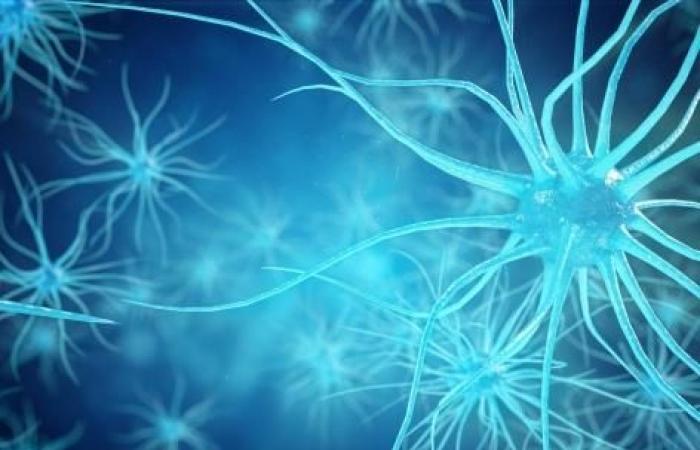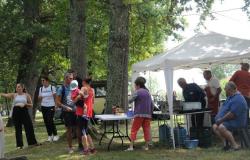Amyotrophic lateral sclerosis (ALS), commonly known as Charcot disease, is a neurodegenerative condition that attacks the neurons in the brain and spinal cord responsible for muscle control, leading to muscle atrophy and progressive paralysis until death, which usually occurs within three to five years.
An international team of researchers has just demonstrated that a specific set of genes could be the cause of brain cell death, the hallmark of ALS. His work, published in the journal Nature Agingprovide insight into the root causes of the disease and pave the way for new ways to slow or stop its progression.
A group of genes associated with increased risk of ALS
Scientists analyzed the genetic profile of tens of thousands of neurons from post-mortem brain tissue of people with ALS, comparing them with that of healthy donors, we can read in a press release. They observed “higher levels of genes associated with increased risk of ALS and frontotemporal dementia” (FTD, a related disease), in particular “in the cells of Betz”a specific type of neuron that allows certain muscles to contract.
However, in people with ALS, “This was linked to disruptions in other neurons, which hampered their ability to build, transport and break down proteins.” Notably, previous research has shown that toxic accumulation of the TDP-43 protein is a defining feature of ALS and some cases of FTD. “Therefore, higher levels of ALS risk genes in a distinct cell type could trigger a chain reaction leading to widespread neuron loss.”
The role of dysfunctional glial cells in ALS
Researchers have also revealed how glial cells, whose function is to keep brain cells healthy, are affected by ALS: they can become dysfunctional and damage neurons, often hastening their death. By analyzing the genetic data of two types of glial cells, the researchers notably identified genes linked to cellular stress and inflammation, which could provide an explanation.
Further work is needed to determine “whether glial cell dysfunction is a consequence or cause of neuronal degeneration in ALS”conclude the authors of the study.






